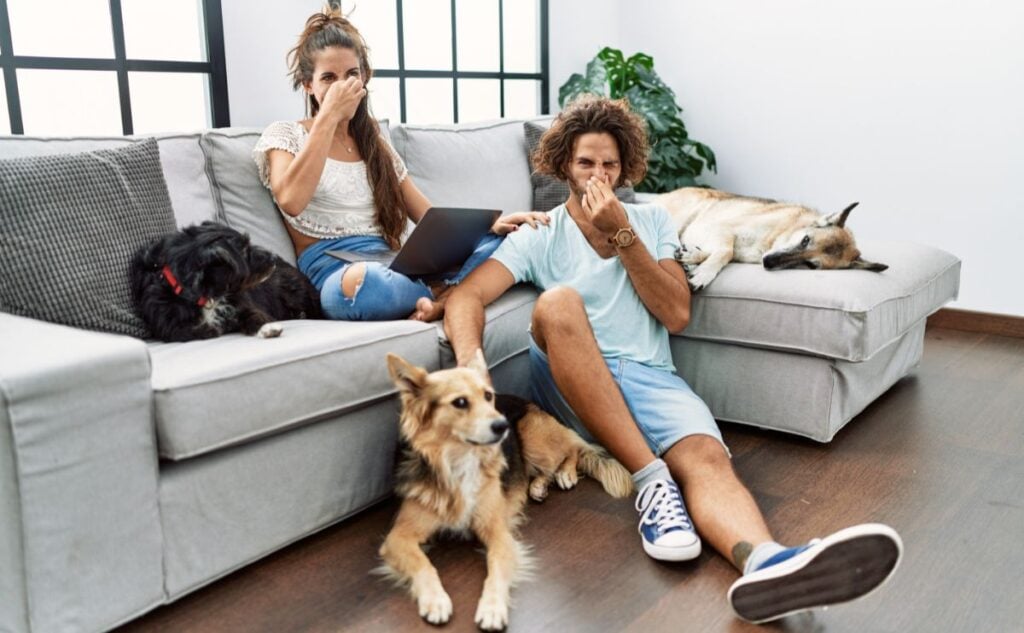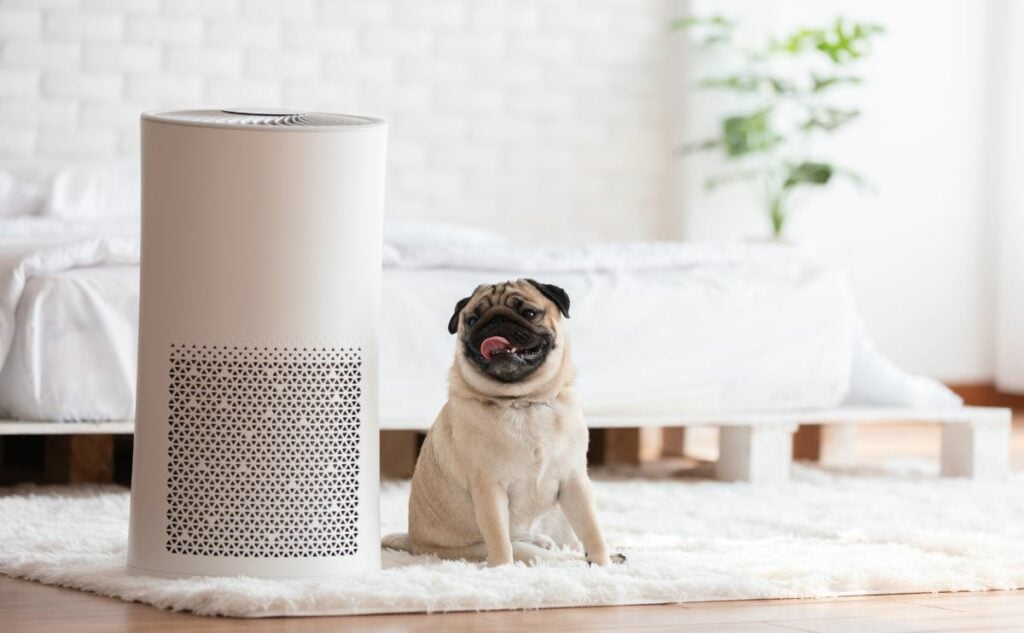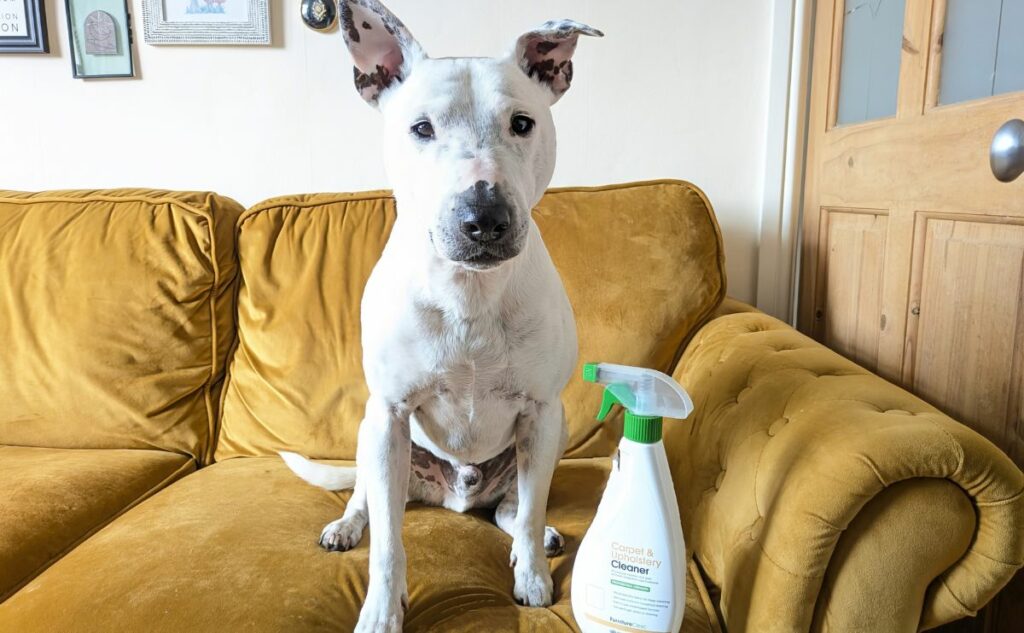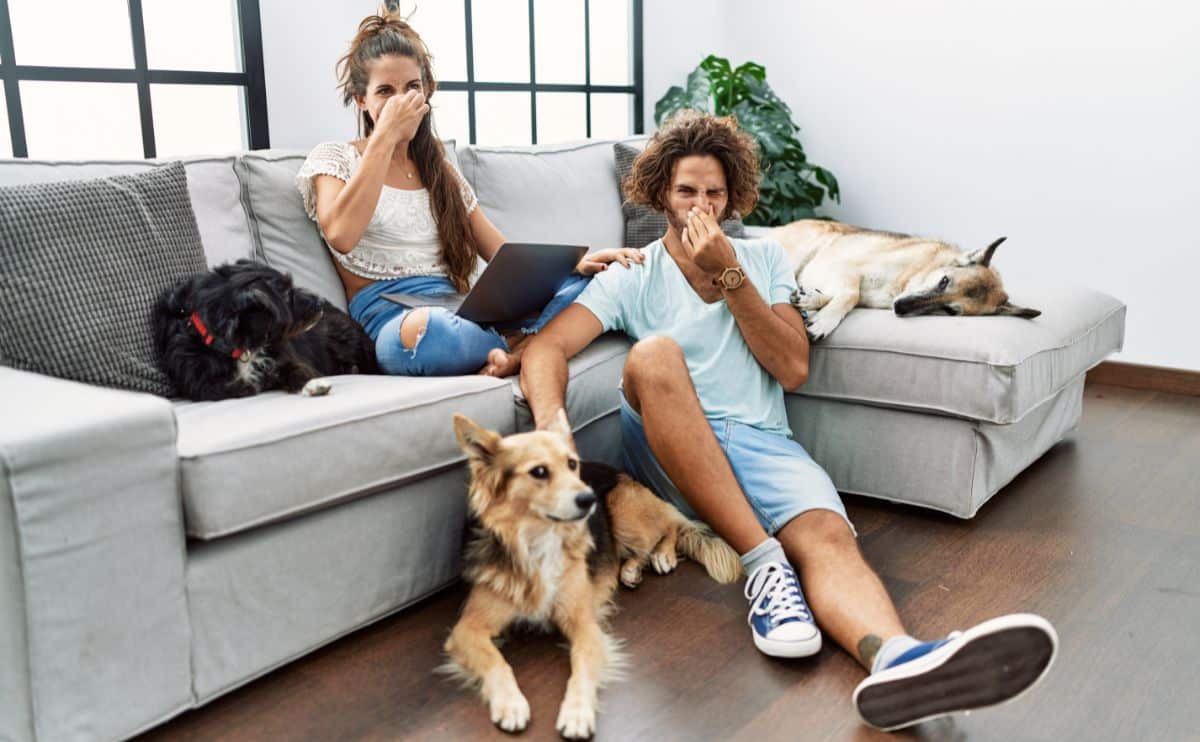A recent Reddit thread posed a pointed question: "Do people with dogs notice their home's scent?" The discussion was lively, with some owners embracing their "eau de Fido," others scrubbing obsessively, and visitors often reacting to the distinct aroma. If you've received comments about pet smells or simply want a fresher space, tackling dog odor starts with targeted strategies—no extreme cleaning required.

Addressing Dog Odor: Begin at the Source
As a dog owner, I’ve learned that becoming anosmic to pet smells is common—until a vacation returns me to a newly noticeable scent. To keep your home fresh, start with your dog. A consistent hygiene routine reduces long-term odor buildup, making daily maintenance easier.
Key steps for your pup’s care include regular bathing (every 1-3 months, depending on coat type and skin health), weekly brushing to manage dander and shedding, and using dry shampoos or baking soda between baths. Don’t overlook dental care—daily brushing prevents stinky breath from gum disease—and wash bedding, toys, and collars frequently to avoid lingering smells.
Nutrition’s Role in Reducing Odor
High-quality, natural dog food supports skin health, coat condition, and digestive regularity, all of which minimize odors. A balanced diet reduces gas, improves anal gland function, and promotes a healthier coat that’s less prone to muskiness.
Clearing the Air: Filters and Purifiers

Improving air quality is a simple yet effective step. Open windows when weather permits and replace HVAC filters monthly (or bi-monthly for single-pet homes) to trap dander and odors. For multi-pet households, air purifiers with HEPA filters are game-changers—they capture allergens, dust, and smells, keeping the air fresh. Activated charcoal bags in high-traffic areas also absorb odors for up to two years.
Banishing Odors from Floors and Furniture

Carpets trap dander, oils, and accidents—regular vacuuming with a pet-specific model is essential. For deep cleaning, consider a carpet cleaner to tackle set-in odors. Hardwood and tile floors benefit from vacuuming followed by mopping with pet-safe, vinegar-based solutions.
Upholstered furniture also absorbs smells. Portable upholstery cleaners remove deep grime, while pet-friendly sprays (like citrus-based odor eliminators) neutralize scents between cleanings. Machine-washable couch covers are a practical alternative to frequent cleaning.
Baking Soda: A Budget-Friendly Solution
Baking soda is a versatile deodorizer—sprinkle it on carpets, bedding, or your dog’s fur (with a few drops of pet-safe essential oil for fragrance). It neutralizes odors by breaking down acidic and alkaline compounds, working effectively within 24 hours.
Handling Accidents Promptly
Cleaning up urine or vomit immediately prevents set-in smells. Blot fresh accidents with paper towels, rinse with cool water, and dry thoroughly. For older stains, specialized enzymatic cleaners target odor-causing bacteria.
Quick Fixes for Last-Minute Guests
When guests arrive unexpectedly, open windows, use fans, or light scented candles. A DIY spray (witch hazel, water, and lavender oil) freshens fabrics quickly.
Car Odor Solutions
Enclosed car spaces amplify pet smells. Use odor-eliminating sprays designed for cars, and consider professional detailing for stubborn scents.
When Odor Signals Health Issues
Persistent or strong smells may indicate health problems: skin fold infections, ear issues, or anal gland blockages. Consult a vet if odors persist after cleaning—covering them up won’t address the root cause.
Why Trust This Guide?
Backed by over 20 years of experience in pet health and product research, this guide combines expert insights with practical tips tested by dog owners. We prioritize effective, safe solutions to keep your home fresh.

